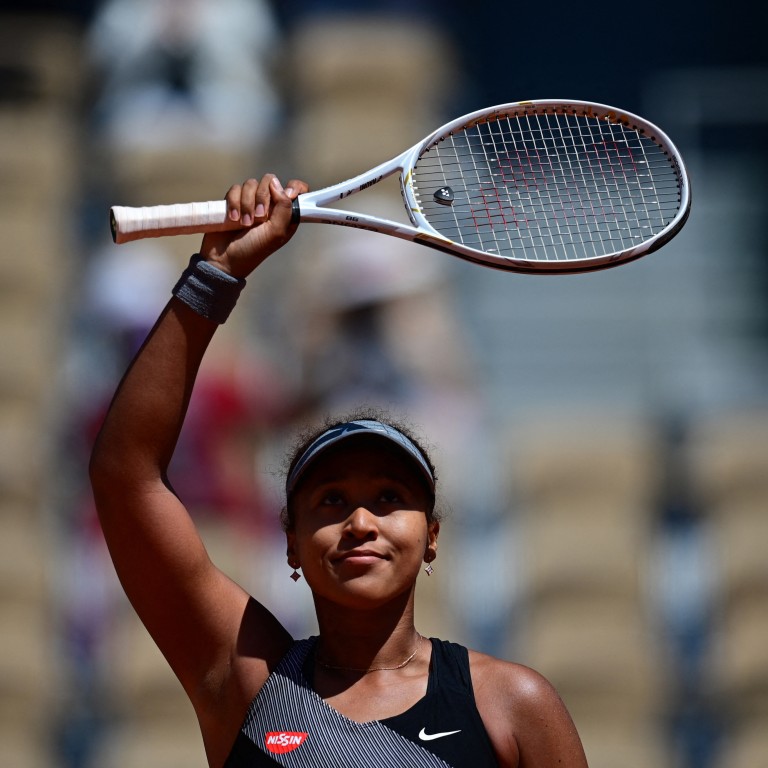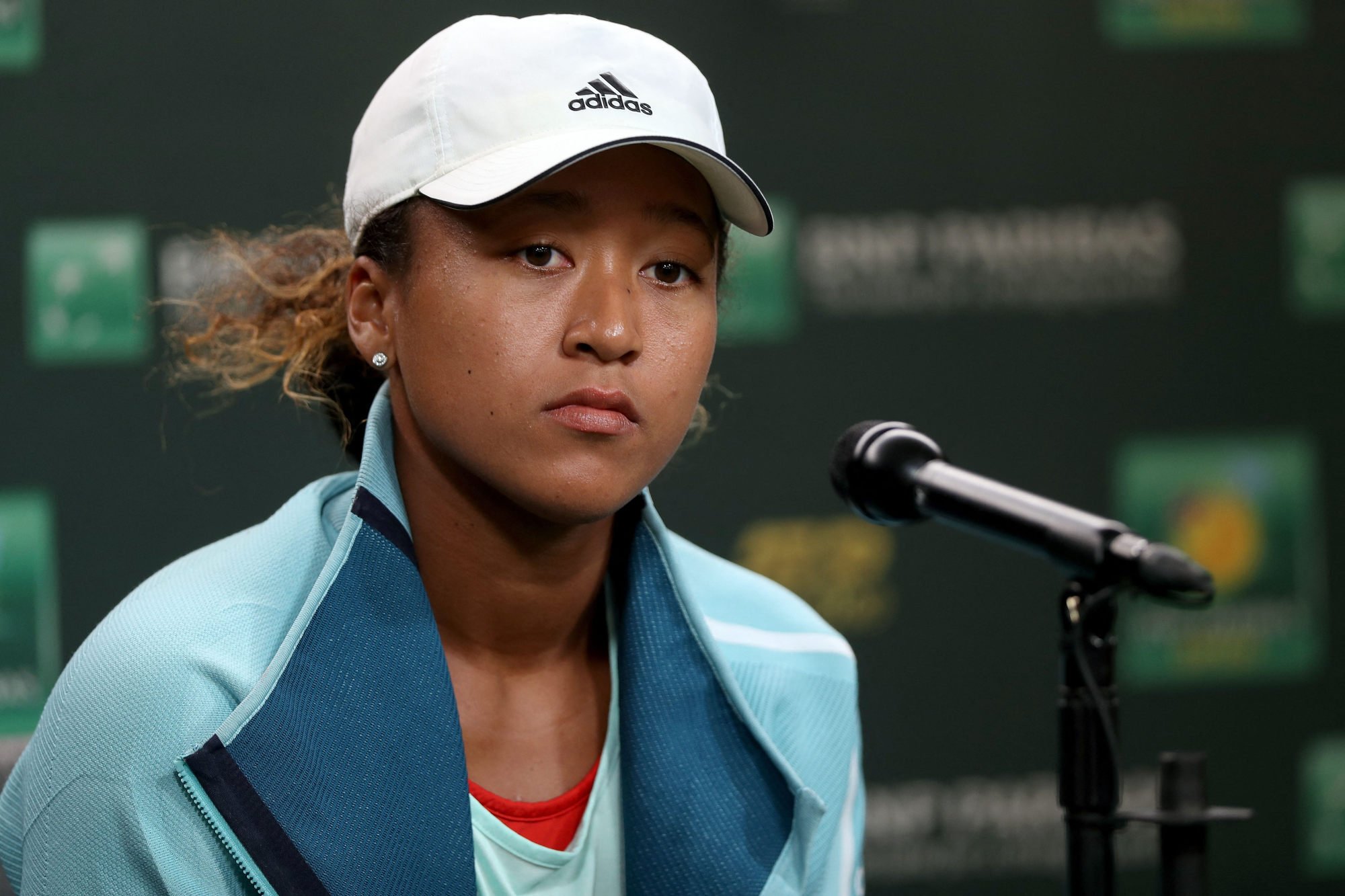
Game, set and match Osaka – tennis player has sparked an overdue conversation about stars’ mental health
- French Open organisers chose not to listen to Naomi Osaka’s message about mental health, but plenty of others have since her walkout from the tournament
- Their refusal to heed her request to skip post-match media duties has got fans, fellow athletes and sponsors talking about the issue
What were the organisers of the French Open thinking when they effectively forced one of the players – the world No 2 no less – out of the tournament?
Japanese tennis player Naomi Osaka said she wanted to skip post-match press conferences citing mental health concerns. The not so warm and fuzzy tennis officials slapped her with a US$15,000 fine and threatened to expel her from the tournament if she failed to meet her media obligations.
Kudos to Osaka for making herself vulnerable and speaking honestly – via Instagram – about her history of depression and the “huge waves of anxiety” she feels when speaking to the media. Held in the aftermath of a match, those press conferences can be brutal, and Osaka likened them to kicking someone when they are down.

Tennis players – and athletes in general – aren’t robots designed solely to entertain and boost media ratings. They are human, regardless of how many endorsements and media commitments are attached to them.
When the president of the French Tennis Federation, Gilles Moretton, held a press conference in the wake of Osaka’s withdrawal, he made his statement and left without taking a single question from the press, showing himself just how daunting it can be to have questions fired at you when you’re down.

